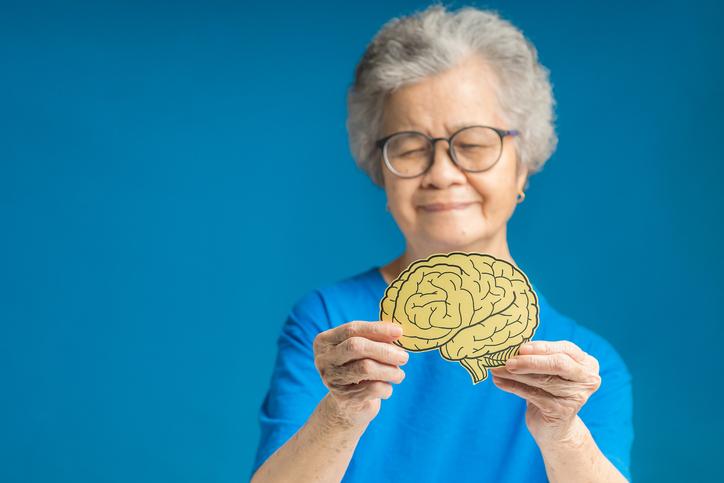26 октября 2021
Is Overeating a Disease?


26 октября 2021
Is Overeating a Disease?
## Why do we overeat?
Eating disorders (EDs) have a genetic predisposition, and whether or not it manifests itself depends on circumstances. Strict diet, intense illness, psychological trauma, or loss of loved ones can bring on eating disorders, which often start in adolescence. Stresses that go along with growing up often contribute to young people developing eating disorders. People with eating disorders have one thing in common: they overvalue the importance of appearance and body weight, making it more important than anything else in their lives.
## Are you an overeater
Awareness of the problem is the first step to fixing the issue.
If you think you are prone to overeating, answer the following questions=== :
- Do you go on diets repeatedly? Do you constantly think about food? Do you binge on food?
- If you answered "yes" to these questions, you are likely a restrictive overeater.
Food restriction forces the body to fight for life. The body saves energy, the metabolism slows down, but even small surpluses are immediately stored away. Unable to resist the biological mechanisms of survival, the person begins binge eating. Then he or she feels guilty, starts restricting food again, and the cycle repeats.
Does food help calm you down when you're stressed? When you're stressed, do you immediately eat something? Does eating make you feel morally better?
If you answered yes to these questions, you may be an emotional overeater. Emotional overeaters interpret any experience or emotions as feelings of hunger. Emotional overeaters eat when sad, bored, or feeling any other emotion.
When you smell or see a freshly baked dessert, do you want to eat it even if you're not hungry? Do you try all the delicious food at a buffet, even if you are already full? Do you eat with friends for company, even if you've had a recent meal and are not hungry?
If you answered yes to these questions, you may be an external overeater. Eating behavior is not regulated by internal signals of hunger/satiety, but by external stimuli, environmental and environmental influences.
## Overeating is divided into two types.
Binge eating is the most common eating disorder. At first, binge eaters have normal weight, but as the history of the disorder increases, so does their weight, to the point of obesity. The diagnosis is made when the frequency of binge eating attacks reaches 1 per week for 3 months.
Typically, binge eating occurs at moments of particular emotional stress or strain. It all starts with diets: the person hardly eats all day, and in the evening begins eating large quantities: in 1–2 hours at an accelerated rate eats a portion of 3–4 times the usual amount, while losing a sense of control and satiety. This can lead to feelings of guilt and shame.
The other type of overeating is compulsive overeating. The person eats more than usual, but throughout the day engages in binge eating. At the same time, the person does not notice how much they are eating because they are thinking and worrying about something.
The mechanisms of overeating are often combined. For example, an emotional or externalizing eater may become concerned about rapid weight gain and decide to go on a diet. As a result, a restrictive mechanism will be added. Then the over-eating may change in nature.
## How to handle overeating
Because of guilt, people don't seek help. However, overeating is not an issue of willpower — it is a disease. Depending on the causes and nature of overeating, a specialist selects treatment for the patient.
__Step 1:__ Understand and accept that you have a problem.
__Step 2:__ Normalize your diet with your doctor. It is important to give up dietary guidelines and start eating according to your body's needs if it is restrictive overeating. To avoid overeating in the evening, you need to adjust your meals during the day. To cope with externalized overeating, you can eat a favorite food for several days in a row so that you lose interest in it.
__Step 3:__ With the help of a specialist, normalize the emotional background, learn mindfulness, reduce stress, and enlist the support of loved ones. If necessary, use dialectical behavior therapy (DBT) for behavioral problems, including addictions.
__Step 4:__ By yourself or with the help of a psychologist, try to look at your image differently to love and respect your body. Develop areas of life in which you are successful to switch the attention from food to more positive aspects.













